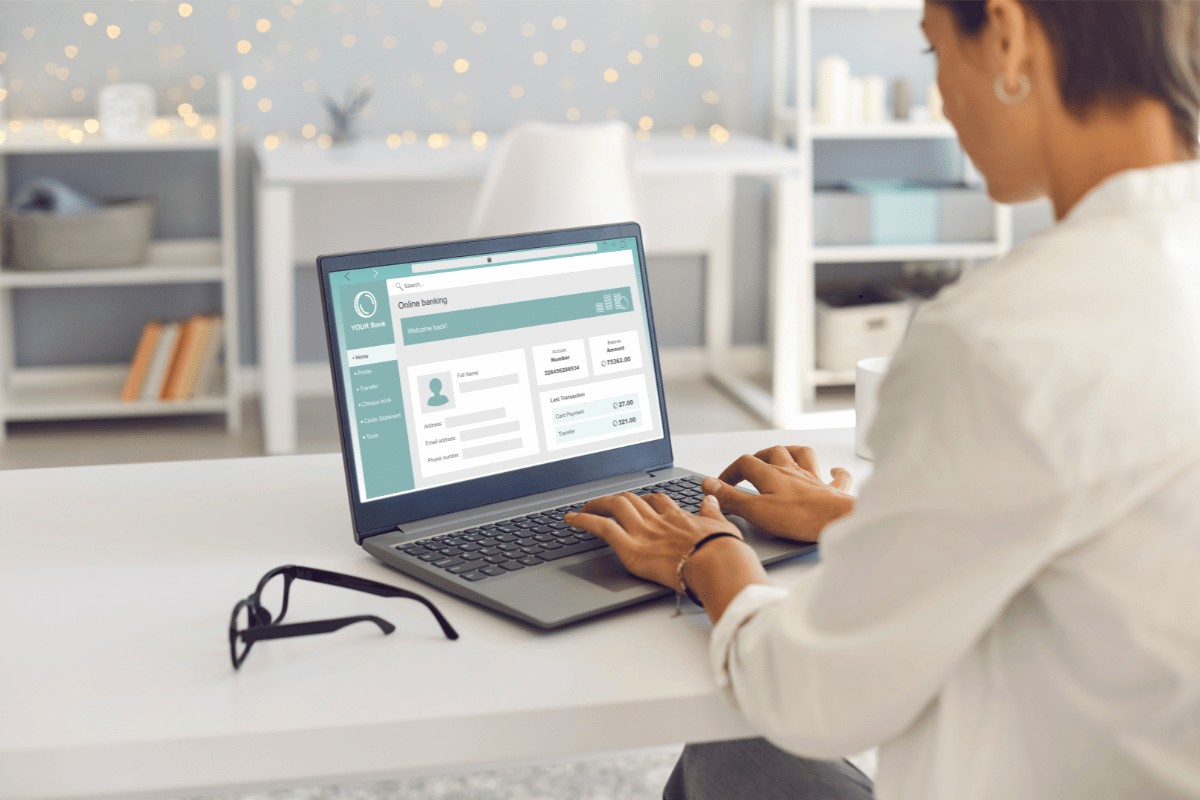Maximizing Your Business Finances: Why a Bank Account is Essential
Running a successful business involves more than just delivering great products or services. Managing your finances effectively is a crucial component of growth and sustainability. One of the most important steps any business owner can take is to establish and maintain a dedicated business bank account. A business bank account not only helps you keep personal and business finances separate but also opens up various opportunities for better money management, easier transactions, and financial growth. Here’s why having a business bank account is essential for maximizing your business finances.
Streamline Financial Management with a Business Account
Keeping personal and business finances separate is one of the first rules of effective financial management. Without a dedicated business bank account, it’s easy for business expenses and personal expenditures to become entangled, making it harder to track the financial health of your business. A business bank account allows you to keep these expenses distinct, making it easier to monitor cash flow, manage expenses, and prepare for tax season. Moreover, upgrading your business banking can offer additional tools and services that simplify accounting and bookkeeping. Many modern business bank accounts are integrated with accounting software, providing seamless synchronization of transactions and records.
This integration reduces the time and effort spent on manual data entry and ensures that your financial records are always up-to-date. Having access to accurate, real-time data is critical for making informed decisions, especially when scaling your business or preparing for tax obligations.
By clearly separating business transactions from personal ones, you can also avoid potential complications when filing taxes. Business bank accounts often come with built-in features to categorize and track business expenses, which can help you maximize tax deductions and avoid penalties.
Protect Your Personal Assets
Another crucial reason for maintaining a business bank account is to protect your personal assets from business liabilities. Whether you’re running a small business or managing a larger enterprise, mixing personal and business finances can expose your personal assets to risks. In the event of legal issues, lawsuits, or debt, it becomes difficult to prove the distinction between personal and business finances if everything is handled through a single account.
For entrepreneurs who have formed a limited liability company (LLC) or corporation, a business bank account is even more important. These legal structures are designed to shield personal assets from business liabilities, but this protection can be compromised if personal and business funds are mixed. To maintain legal separation, a dedicated business bank account is necessary. This way, in case of any disputes or liabilities, your personal assets like your home or personal savings remain protected.
Build Business Credibility and Professionalism
When you establish a business bank account, it sends a clear message to clients, vendors, and other stakeholders that your business is legitimate and professional. Instead of paying and receiving funds through a personal account, a business bank account reflects a level of seriousness that can help build trust with your customers and business partners.
Imagine invoicing a client or vendor, and instead of a personal account name, your company’s name appears. This professionalism not only strengthens your brand but also ensures that transactions are processed more smoothly. Many businesses may even prefer or require payments to come from a recognized business account to ensure accountability and transparency.
Having a business credit card and checks that feature your company’s name can further enhance your brand’s credibility. A dedicated business bank account also enables you to better manage payments to employees, contractors, and vendors, further reinforcing the professionalism of your operations.
Access to Business Loans and Credit
Business bank accounts open doors to various financial products and services tailored to the needs of businesses, including loans and lines of credit. Having a dedicated account with a financial institution helps build a relationship that can be valuable when you need financing to expand your business. Most lenders will not even consider your loan application if you don’t have an active business bank account, as it’s a basic sign of financial organization and accountability.
When applying for a loan, lenders will often request your business bank account statements to assess the health of your finances. These statements provide an overview of your company’s cash flow, which helps lenders gauge your ability to repay the loan. Regular and organized financial activity in a business account can increase your chances of being approved for credit, while also potentially securing better loan terms.
Beyond loans, many banks offer business credit cards that come with rewards tailored to business spending, such as cashback on office supplies, travel rewards, or points for everyday business purchases. Establishing a positive credit history through your business bank account can also help you secure better interest rates on future loans, giving you access to the funds needed to grow your business without breaking the bank.
Simplified Tax Preparation and Compliance
Tax preparation is often one of the most stressful tasks for business owners. However, having a business bank account can significantly simplify this process. When all of your business transactions are funneled through one account, it becomes much easier to track deductible expenses, monitor revenue, and prepare for tax filings.
Many business bank accounts offer services such as transaction categorization and reporting, which can help you organize your financial data in a way that aligns with your tax obligations. These features are especially useful when you need to track expenses related to office supplies, travel, or employee wages. With accurate financial records from your business bank account, you can avoid costly mistakes when filing taxes and ensure that you’re compliant with local and federal tax laws.
If you ever face an audit, having a well-organized and dedicated business bank account will make it easier to provide the necessary documentation. Tax authorities are more likely to view your business as credible and organized if you’ve maintained clear records through a separate account, reducing the likelihood of penalties or prolonged scrutiny.
Gain Control Over Cash Flow
One of the most common challenges businesses face is managing cash flow effectively. Without a dedicated business account, it can be difficult to stay on top of incoming and outgoing payments, which can lead to issues like missed bills, late payments, or overdrafts. A business bank account allows you to monitor cash flow more accurately, providing a clear picture of your financial situation at any given time.
With a business account, you can also take advantage of features like overdraft protection, automatic bill pay, and payment tracking, all of which help ensure that your business remains financially stable. These tools can help you manage regular expenses, such as rent, utilities, and payroll, while also giving you the flexibility to respond to unexpected costs or emergencies.
Effective cash flow management is essential for sustaining business operations, especially during periods of growth or economic downturns. A business bank account allows you to keep track of when you’ll have enough money to cover upcoming expenses, helping you avoid costly overdraft fees and ensuring that your financial health remains intact.
Explore Growth Opportunities with Business Banking
A business bank account can also provide opportunities for future growth. Many banks offer specialized business banking services, such as merchant accounts, payroll management, and investment services, which can help you streamline operations and prepare for expansion.
By working with a financial institution that understands your business needs, you can gain access to tailored advice and financial products that support long-term growth. Whether you’re looking to invest in new technology, hire more employees, or expand to new locations, your bank can offer the support and resources necessary to achieve these goals.
Opening and maintaining a business bank account is an essential step for any entrepreneur who wants to maximize their business’s financial potential. From protecting your personal assets to gaining access to credit and simplifying tax preparation, a business account provides the foundation you need to run a successful and financially sound enterprise.






